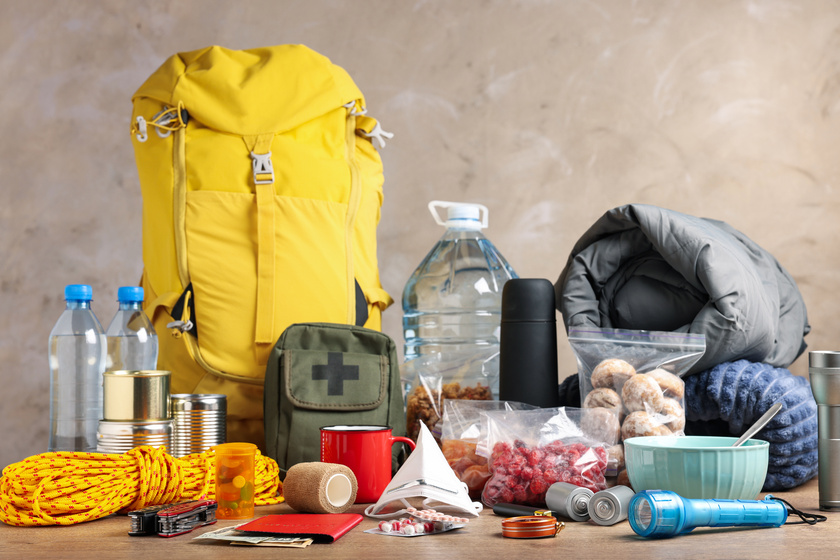The last thing you want to do during an emergency is pack up your belongings and leave your home, but it’s important to be prepared for the worst. Emergencies can happen at any time, often without warning. If you’re a resident with a disability who lives in a retirement community In Luling, LA, then this guide will help ensure that you and your loved ones are safe during even the most difficult situations. The right emergency preparedness for seniors with disability plans can help them stay safe if something unexpected happens, like a fire or another emergency situation.
Decide Which Shelter To Use
Deciding which shelter to use is a very personal decision, as every resident of your community will have different needs and wants. If you live in a flood zone, it makes sense to go to a shelter that is higher than the flood line. If your community is prone to wildfires or other natural disasters such as tornadoes or earthquakes (or even power outages), then it may be beneficial for you and your family members to stay at a senior-friendly independent living community instead.
Bring A Mobility Device
In addition to working with your doctor, it’s important to consider how you will get out of the apartment and down the hall in an emergency. You might need a mobility device for this purpose. This could be a wheelchair, walker, or cane. It could also be a scooter or walker with wheels modified for stairs by adding stair-climbing wheels on each side of the frame (these are called “Stair Chairs”).
If you need help getting in and out of bed without electricity, consider purchasing an electric bed lift. Electric beds with lifts can assist in getting up from lying down positions without having to climb into them first; they help reduce falls among residents at risk for falling due to age-related health issues such as arthritis or other conditions that affect mobility.
Bring A Personal Care Attendant If Possible
If you have a personal care attendant, then bring them. If you don’t have a personal care attendant and can’t afford or find one, consider bringing along a family member or friend who can assist in an emergency.
If you don’t have anyone to bring with you, consider getting something like a medical alert bracelet that has information about your needs written on it so that in case of an emergency, first responders know exactly what kind of help they should be providing (for example if the person has diabetes and needs access to sugar).
Keep Your Cell Phone Charged And Stocked With Emergency Contacts
Don’t forget to bring your charger. It’s a simple thing, but it can be easy to forget when you’re packing up your suitcase. If you leave home without it, there’s a good chance that your phone will die and become useless in an emergency situation. Make sure you know where the nearest outlet is in case of an emergency or power outage so that you can plug in when necessary.
You should also ensure that all of the important contacts for family members, friends, doctors, and insurance companies are saved into your cell phone, so they are easily accessible from anywhere at any time.
Conclusion
There’s no doubt that aging family members with disabilities are at a higher risk for emergencies. However, with the right preparation and resources in place, aging family members can stay safe and secure during any crisis situation. The key is being prepared ahead of time so that when something goes wrong, you’ll know what to do next—and how to keep yourself safe while doing it!







